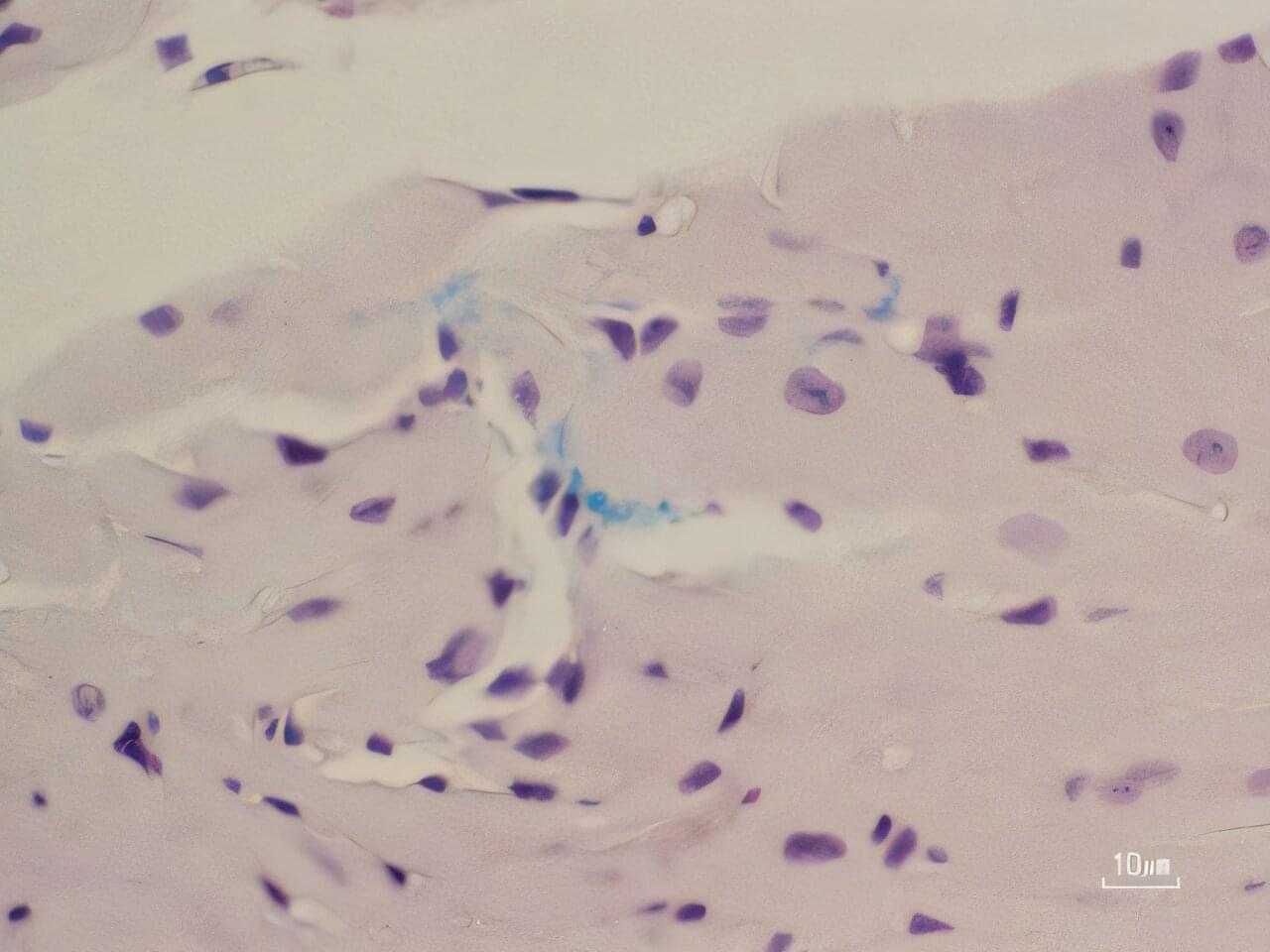Tempted to skip the floss? Your heart might thank you if you don’t. A new study from Hiroshima University (HU) finds that the gum disease bacterium Porphyromonas gingivalis (P. gingivalis) can slip into the bloodstream and infiltrate the heart. There, it quietly drives scar tissue buildup—known as fibrosis—distorting the heart’s architecture, interfering with electrical signals, and raising the risk of atrial fibrillation (AFib).
Clinicians have long noticed that people with periodontitis, a common form of gum disease, seem more prone to cardiovascular problems. One recent meta-analysis has linked it to a 30% higher risk of developing AFib, a potentially serious heart rhythm disorder that can lead to stroke, heart failure, and other life-threatening complications.
Globally, AFib cases have nearly doubled in under a decade, rising from 33.5 million in 2010 to roughly 60 million by 2019. Now, scientific curiosity is mounting about how gum disease might be contributing to that surge.
